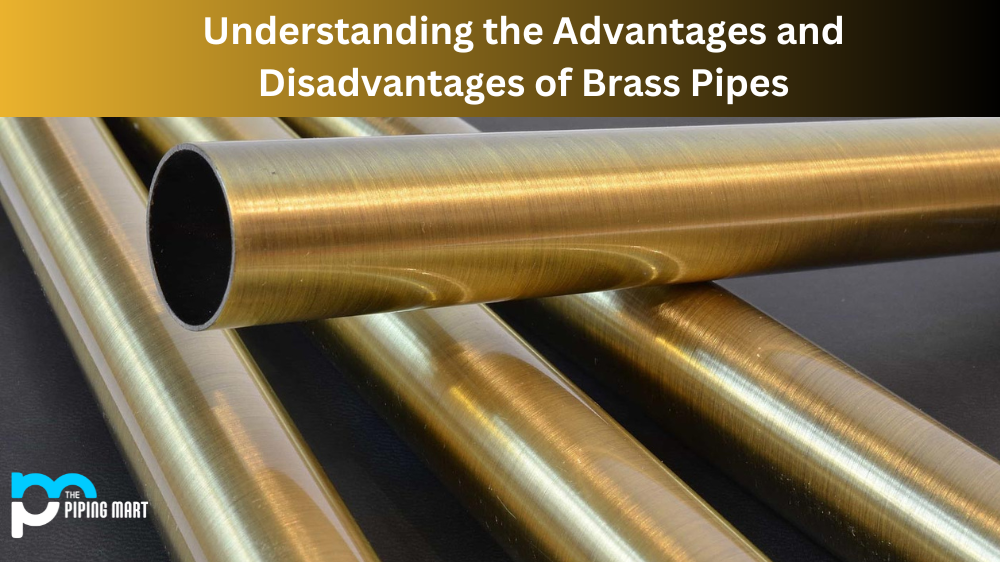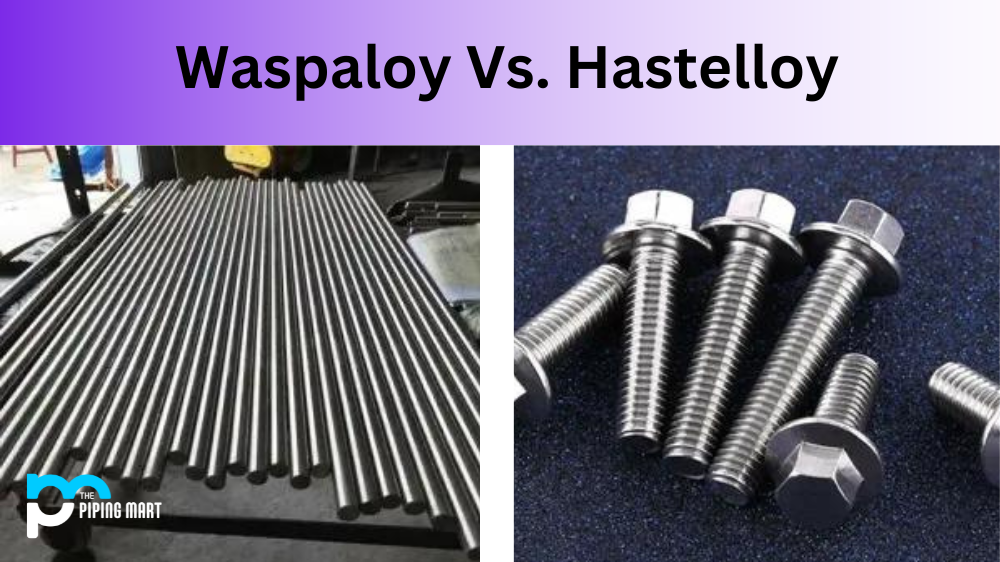Regarding plumbing, brass pipes offer several advantages over other materials. However, they also come with some drawbacks that should be considered before deciding on them for your project. For your next plumbing project, let’s examine the pros and cons of brass pipes.
5 Advantages of Brass Pipes
The primary advantage of brass pipes is their durability. Brass is an incredibly strong metal that can withstand corrosion, rust, and other environmental factors for many years without needing replacement or repair. It also requires no special maintenance or care to keep it in good condition. This makes it an excellent option for plumbing projects that must last for many years without frequent maintenance or repair.
Brass also has a pleasing aesthetic appeal compared to other metals such as copper or steel. It has a golden color that can add a touch of class and sophistication to any room or building used in piping applications. This makes it an ideal choice for residential homes, commercial buildings, and other projects where aesthetics are essential.
Finally, brass is relatively easy to work with than other metals like copper or steel. It is malleable enough to be bent and shaped into different forms without difficulty, making it ideal for custom piping applications where specific shapes are needed.
Brass Pipes Last Longer
One of the primary advantages of brass pipes is that they last longer than other types of pipes. This is because brass is a very strong and durable metal resistant to corrosion. Additionally, brass pipes are less likely to develop leaks over time.
Brass Pipes Are Easy to Install
Another advantage of brass pipes is that they are easy to install. This is partly due to the fact that brass is a very soft metal, making it easy to cut and shape. Additionally, brass pipes can be joined together using solder, which makes the installation process quick and easy.
Brass Pipes Have a Good Seal
Another advantage of brass pipes is that they have a good seal. This means they are less likely to leak than other types of pipes. Additionally, brass pipes are less likely to develop leaks over time.
Brass Pipes Are Fire Resistant
Another advantage of brass pipes is that they are fire-resistant. This means they will catch fire slower than other pipes. Also, brass pipes will not contribute to the spread of fire if they see fire.
Brass Pipes Are Cost Effective
Another advantage of brass pipes is that they are cost-effective. This means that they are a good value for the money and will save you money in the long run.
5 Disadvantages of Brass Pipes
The primary disadvantage of brass pipes is their cost compared to other materials like copper or steel. Brass tends to be more expensive than these other materials due to its durability and aesthetic appeal. Additionally, because brass is heavier than copper and steel, it may require additional support to keep the pipe from sagging over time due to its weight load. This can add even more costs to your project if you need other supports installed for the pipe system to remain secure over time.
Brass Pipes May Contain Lead
One of the primary disadvantages of brass pipes is that they may contain lead. Lead is a toxic metal that can harm human health if ingested in large quantities. While the amount of lead in brass pipes is typically low, it can still leach into the water that flows through them. This can be especially problematic for pregnant women and young children, as even small amounts of lead can cause health problems.
Brass Pipes May Corrode
Another disadvantage of brass pipes is that they may rust over time. This corrosion can cause the water that flows through the pipes to become contaminated with lead and other metals. Additionally, the decay can cause the pipes to leak, which can lead to water damage in your home.
Brass Pipes May Be Noisy
Another downside of brass pipes is that they may be noisy. This noise is caused by the water flowing through the pipes and can be annoying. Additionally, the noise may be loud enough to disturb your sleep if you have brass pipes in your bedroom.
Brass Pipes May Be Expensive
Another disadvantage of brass pipes is that they may be more expensive than other types. This is because brass is relatively costly, and manufacturing brass pipes requires special equipment and expertise. Additionally, installing brass pipes may require the services of a professional plumber, which can add to the overall cost.
Brass Pipes May Require Special Maintenance
Finally, brass pipes may require special maintenance to prevent them from rusting or becoming contaminated with lead. For example, you may need to use a special cleaner on your brass pipes every few months to prevent them from becoming corroded. Additionally, you may need to have your water regularly tested for lead if you have brass pipes in your home.
Conclusion:
In conclusion, there are advantages and disadvantages when considering using brass pipes for plumbing projects. On the one hand, they offer excellent durability, which makes them great for long-term projects where regular maintenance may not be necessary; however, on the flip side, they tend to be more expensive than other materials like copper or steel due to their weight and aesthetic appeal as well as possibly requiring additional supports depending on where they are being installed to prevent sagging over time from their weight load. Ultimately, whether you choose this material comes down entirely to you depending on your specific needs and budget considerations when comparing them against alternatives such as copper or steel pipe systems.

Abhishek is a seasoned blogger and industry expert, sharing his insights and knowledge on various topics. With his research, Abhishek offers valuable insights and tips for professionals and enthusiasts. Follow him for expert advice on the latest trends and developments in the metal industry.




